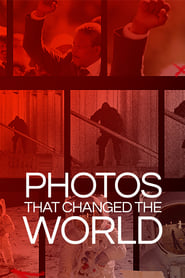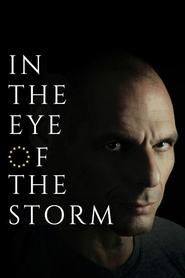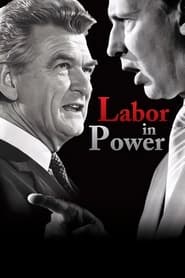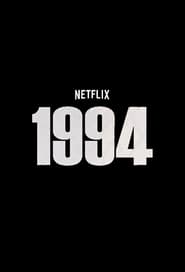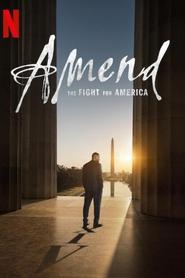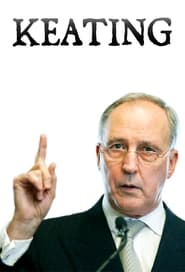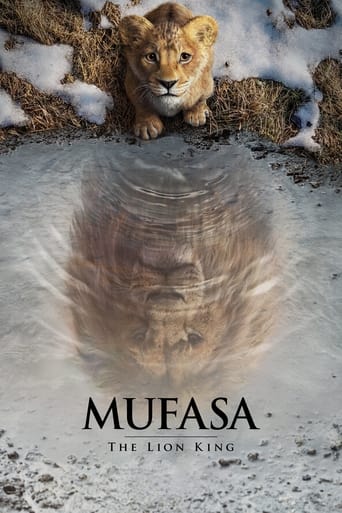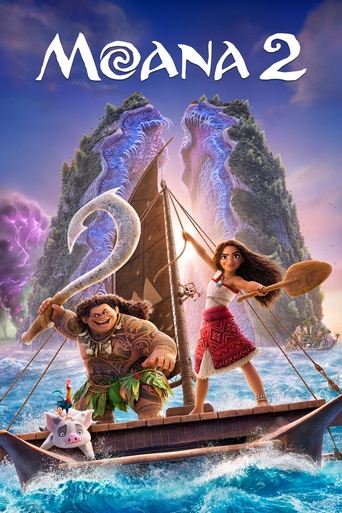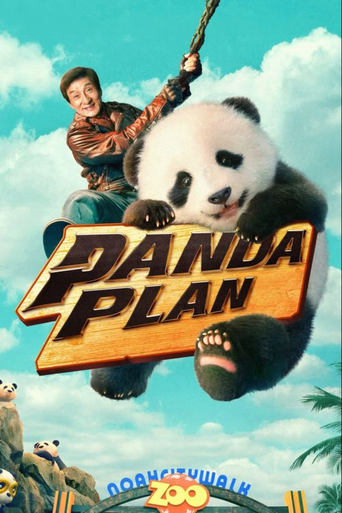Crash Course U.S. Government and Politics - Season 1 Episode 41 Party Systems
Today, Craig is going to dive into the history of American political parties. So throughout most of United States history our political system has been dominated by a two-party system, but the policies and the groups that support these parties have changed drastically throughout history. There have been five, arguably six, party systems since the election of John Adams in 1796 (George Washington’s presidency was an unusual case, and we’ll get to that), so we’ll look at the supporters and policies of each of the parties during these eras and look at how historical contingencies cause these policy shifts. We’ll also talk a bit about the benefit of a third party, which although rarely ever wins, helps to influence political debate.
Year: 2016
Genre: Documentary
Country: United States of America
Studio: YouTube
Director:
Cast: Craig Benzine
Crew:
First Air Date: Jan 23, 2015
Last Air date: Mar 04, 2016
Season: 1 Season
Episode: 50 Episode
Runtime: 10 minutes
IMDb: 0.00/10 by 0.00 users
Popularity: 2.431
Language: English
Keyword : politics, government
Episode
Introduction
The Bicameral Congress
Separation of Powers and Checks and Balances
Federalism
Constitutional Compromises
Congressional Elections
Congressional Committees
Congressional Leadership
How a Bill Becomes a Law
Congressional Decisions
Presidential Power
Presidential Powers 2
Congressional Delegation
How Presidents Govern
Bureaucracy Basics
Types of Bureaucracies
Controlling Bureaucracies
Legal System Basics
Structure of the Court System
Supreme Court of the United States Procedures
Judicial Review
Judicial Decisions
Civil Rights & Liberties
Freedom of Religion
Freedom of Speech
Freedom of the Press
Search and Seizure
Due Process of Law
Equal Protection
Sex Discrimination
Discrimination
Affirmative Action
Public Opinion
Shaping Public Opinion
Political Ideology
Election Basics
Gerrymandering
How Voters Decide
Political Campaigns
Political Parties
Party Systems
Interest Groups
Interest Group Formation
Media Institution
Media Regulation
Market Economy
Government Regulation
Monetary and Fiscal Policy
Social Policy
Foreign Policy
